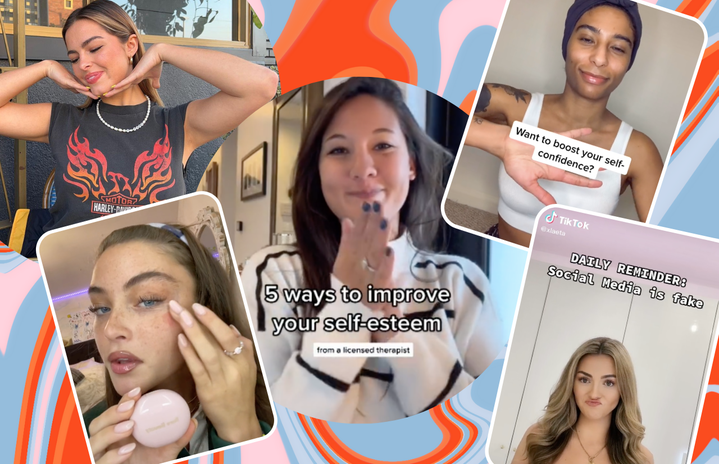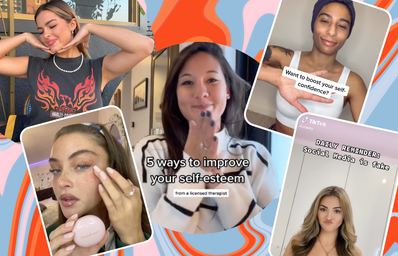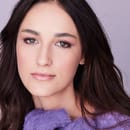Beauty filters on TikTok are getting so real we can hardly notice them. That is until a user abruptly removes one in a video.
A so-called “anti-beauty filter trend” has ravaged TikTok, and, though the intention of the trend seems pure, many are wondering whether it might be more detrimental than advantageous. Users film themselves to the song “Tear in My Heart” by Twenty One Pilots plays. As the lyrics sing “The songs on the radio are okay,” they film with a beauty filter. When the lyrics become “But my taste in music is your face,” they abruptly remove the filter, revealing their natural face, sans filter.
The trend is a supposed celebration of natural beauty, reminding viewers to acknowledge that many of the faces of the internet exist only in that digital realm. However, many users point out it also presents the stark contrast between what we desire we look like, or societal beauty standards, and what we actually do, leaving us hyperaware of our “flaws.”
Regardless of one’s opinion on the trend, the harmful effects of these beauty filters are undeniable. We live in a world where plastic surgeons have a term for patients eager to achieve the look of a filter IRL: “Snapchat dysmorphia.”
After using these filters, it is nearly impossible not to compare oneself to the unrealistic beauty standard they promote. The tempting acceptance of the filters as “your face but better” is an obvious avenue towards plastic surgery (or at least the consideration of it). Further, after consistent usage of these filters, one can even become accustomed to the appearance of their face with them on, rendering feelings of inadequacy and disappointment upon removal.
Regardless of the universal insecurities said filters inflame, many are also racist. They often promote inherently Eurocentric features, contributing to already problematic standards by indicating that these features are the most universally desirable. For example, popular beauty filters such as “snow white” and “baby face” whitewash the skin and narrow the nose. The widespread utilization of such filters reinforces the idea that typically European traits are the most “beautiful.”
Though the new “anti-beauty filter trend” may not be the ideal way to rally against the beauty filter phenomenon, it’s a start. Gen Z is tired of the BS, and it’s showing.


